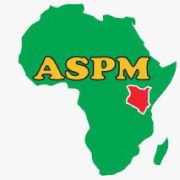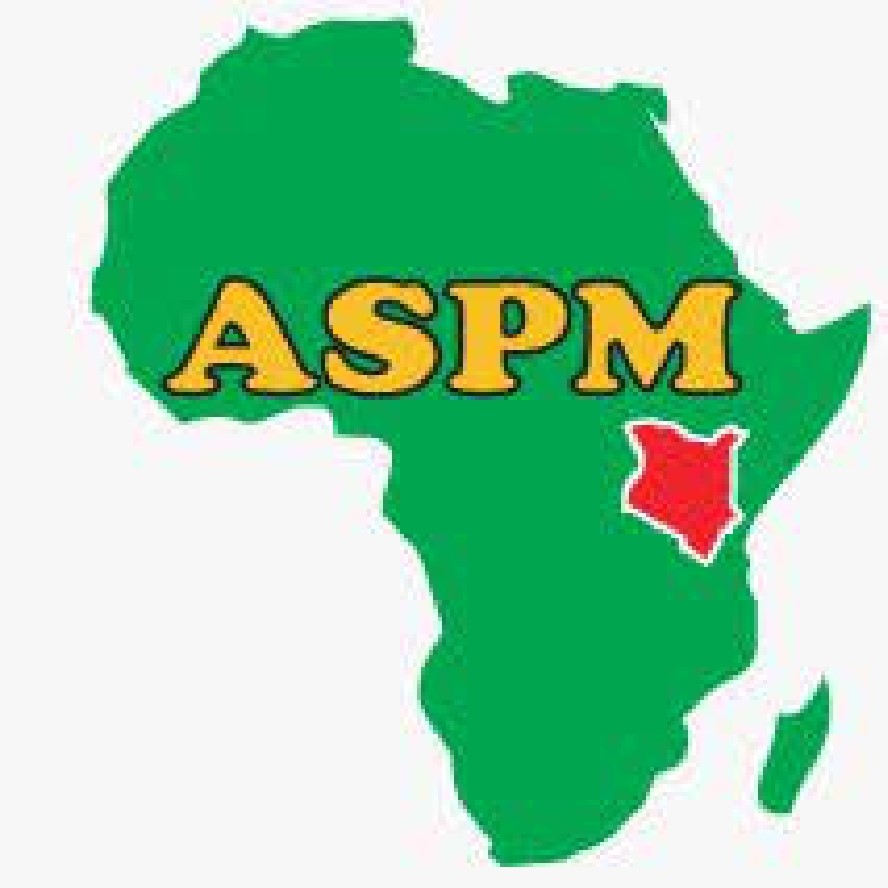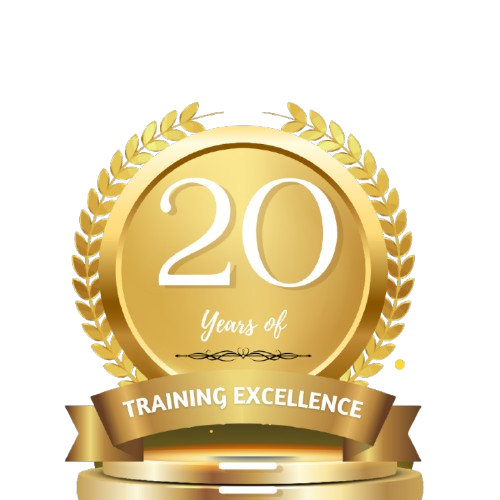Risk Management Training
The turmoil in the world is continuing with increasing public unrest, frequent pandemics, turbulent
forex exchange, fluctuating oil prices, natural disasters, volatile stock markets and world economic
uncertainty. In this time of global uncertainty, how does your organization or company maneuvers
through these difficult waters? Enterprise Risk Management (ERM) comes in handy.
Many organizations have realized that an Enterprise Risk Management (ERM) approach is needed.
This has ensured that risks that were previously managed in isolation can be aggregated and
prioritized across the entire business.
Enterprise Risk Management (ERM) is a decision support system that helps organizations better
understand risk and assure the achievement of the planned objectives and goals. This course is
intended to provide to a high-level understanding of what is risk and what does an ERM process
look like for organizations including some common challenges and pitfalls of institutionalizing an
ERM culture within the organization.
Course Objectives
On completion of this course the delegates should be able to:
ü Provide delegates with the knowledge and skills appropriate to the practice of risk
management
ü Better understand framework, process, skills and tools for the critical analysis of issues
relating to an enterprise risk management (ERM) program
ü Explain how an organization applies strategic risk management, project risk management
and operational risk management
ü Explain key risk modelling methods, and associated limitations of risk modelling
ü Describe ERM in strategic planning, risk oversight and corporate governance, internal
audit and control, regulation and compliance
ü Explain how an organization’s internal culture and external environments relate to its risk
management program
ü Generate measurable value by aligning the Enterprise Risk Management (ERM)
framework with corporate performance expectations
ü Implement Key Risk Indicators (KRI’s) for each line of business
ü Enhance achievement of corporate objectives by linking performance targets, and risk
management actions
Target Audience
ü Chief Risk Officers
ü Risk Managers
ü Managers and Directors responsible for the risk management function or process
ü Heads of Internal Audit
ü Heads of Assurance Functions
ü Professional in procurement & Finance departments.
Main Modules
Foundations of Enterprise Risk Management (ERM)
ü ERM background, evolution and new world order
ü Foundations of ERM: Why?
ü Current risk management legislations
ü Risk management and the role of the Board and senior management
ü Understanding Risk
ü Hallmarks of ERM
ü Goals, risk rulers and risk position (appetite tolerance)
ü ERM five step process overview
ü ERM contexts: Strategic risk management, project risk management, operational risk
Enterprise Risk Management Process Step
Step 1: Risk programming
ü Vision, mission, values– “Triple bottom line” concept
ü Strategic planning and ERM
Step 2: Risk Analysis
ü Context of risk analysis
ü Identifying and describing, measuring and analyzing risk
ü Expressing risk: introduction concept of heat map, values map, risk modelling, risk adjusted
financial forecasting and portfolio theory
Step 3: Solution Assessment
ü Risk response categories: prevention, mitigation, avoidance, resilience
ü Occupational health and safety, environmental risk and construction practices, physical
and corporate security
ü Financial solutions, insurance and contract management
Step 4: Decision Process
ü Risk-based decision making
ü Multi hierarchy attribute process
Step 5: System Administration
ü Risk management structure-Board committees (audit, finance, HR), risk management
function, internal audit and compliance function
ü Key risk indicators and risk position statements
ü Risk registers, dashboards, reports
ü Organizational Risk Management Maturity assessments
ü Risk monitoring and reporting obligations
Risk Culture in Organizations
ü Diverse value objectives within organizations
ü Risk management environment, risk psychology, and culture of discipline
ü Legal considerations, confidentiality, risk information security and privacy
ü Hazardous cultures: punitive, fraud environments and morale hazards
Other Key modules
Taking Enterprise Risk Management (ERM) to the Next Level
ü Characteristics of an Advanced Enterprise Risk Management (ERM) Process
ü Exploring Global Enterprise Risk Management (ERM) Scenarios
ü The Enterprise Risk Management (ERM) Roadmap
Enterprise Risk Management (ERM) Risk Measurement Techniques
ü Risk Measurement Methods
ü Risk Workshops
ü Delphi (Expert Analysis)
ü Ishikawa (Fishbone) Analysis
ü Failure Mode and Root Cause Analysis
ü Scenario Planning
More Risk Assessment Techniques
ü Fault Tree Analysis
ü Monte Carlo Simulations
ü Bayesian Networks
ü Emergent Risks
ü Crisis Management
ü Key Risk Indicators (KRI’s)
Advanced Enterprise Risk Management (ERM) Issues
ü The Risk Register Challenges
ü Enterprise Risk Management (ERM) Tips for Success
ü Risk Appetite and Risk Tolerance
Way forward After the Training
Participants will develop a work plan through the help of facilitators that stipulates application of
skills acquired in improving their organizations. ASPM will continuously monitor
implementation progress after the training.
Training Evaluation:
Participants will undertake a simple assessment before the training to gauge knowledge and
skills, another assessment will be done after the training in-order to monitor knowledge gained
through the training.


